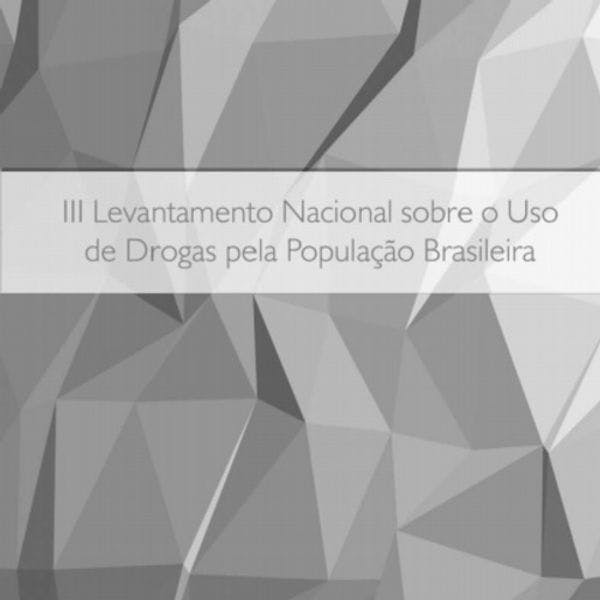Tercer estudio nacional en población brasileña sobre consumo de drogas
FIOCRUZ presenta una visión general de la demanda de drogas en Brasil y de las percepciones del riesgo, moderando las declaraciones del Gobierno sobre una epidemia de uso de drogas. Más información, en inglés, está disponible abajo.
By Francisco Inácio Pinkusfeld Monteiro Basto
Estimates on burden of disease published by the Institute for Health Metrics and Evaluation show that the use of alcohol and other substances is one of the leading risk factors for death and disability in Brazil. This estimate places the 3rd National Survey on Drug Use by the Brazilian Population (“3rd National Survey”) at the center of the institutional mission of FIOCRUZ, namely: “To produce, disseminate, and share knowledge and technologies focused on strengthening and consolidating the Unified National Health System (SUS) and contributing to the Brazilian population’s health promotion and quality of life, the reduction of social inequalities, and the dynamics of national innovation, with the right to health and full citizens’ rights as central values.”
This report, which presents the Methods and Results of the 3rd National Survey, is the result of a partnership between the Oswaldo Cruz Foundation (FIOCRUZ) and the National Secretariat for Drug Policies (SENAD), established through a decentralized cooperative agreement in August 2014. The study received additional funds from FAPERJ (“Carlos Chagas Filho” Rio de Janeiro State Research Foundation) and CNPq (National Council for Scientific and Technological Research), which allowed developing specific stages of the Survey as a whole, besides expanding the sample in the city of Rio de Janeiro (that is, in simple terms, representing the city in greater detail and with greater capacity to focus the analysis on certain key aspects), which will be the object of specific publications. In the current publication, the municipality of Rio de Janeiro is analyzed on the basis of the formulation and respective quantitative statistics described in the chapter on the sampling plan.
It is our hope that the data presented here will help support policies and programs aimed at reducing the consequences of harmful substance use in Brazil.
On behalf of FIOCRUZ, as the project’s Overall Coordinator, I wish to thank the approximately 300 professionals who made this survey possible – the largest of its kind in Brazil to date. Finally, I thank the 16,273 Brazilians who generously welcomed us in their homes, granted the interviews, and trusted that the information they provided will be “used to support public policies and initiatives in Brazil, including the organization of social strategies and programs for the prevention and treatment of psychoactive substance use”
